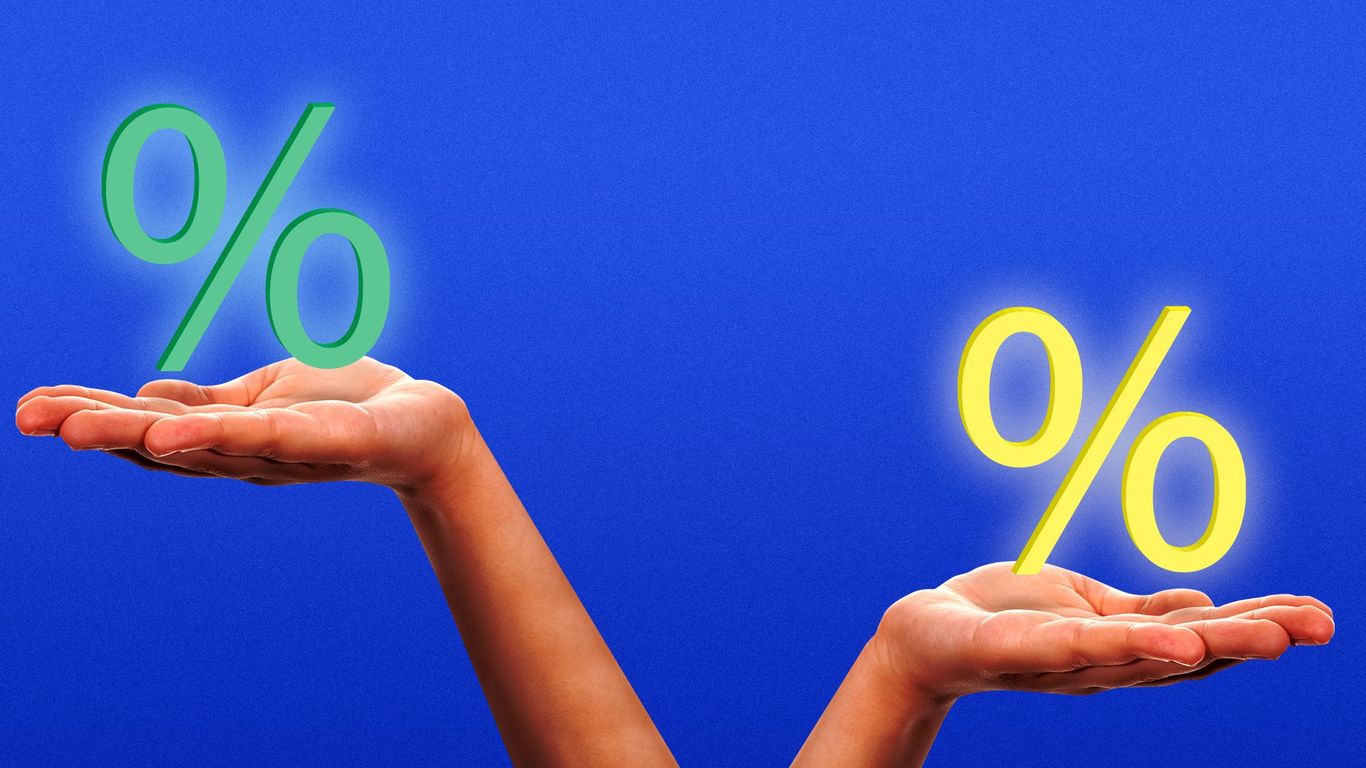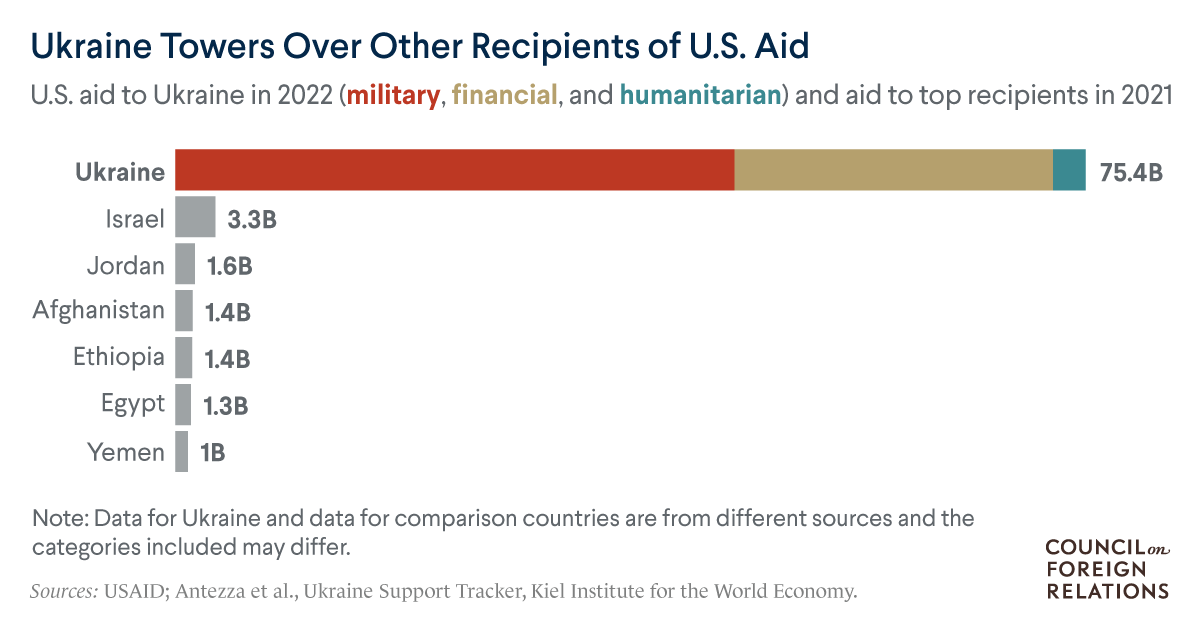Why Vietnam wants US to change its ‘non-market economy’ status | Explained News

Vietnam has been pushing the President Joe Biden administration to quickly change its “non-market economy” classification to “market economy”, in a bid to avoid high taxes imposed by the US on the goods imported from the Southeastern country.
Although Vietnam has emerged as one of the top trading partners of the US and helped thwart China’s expanding influence in the region, it has continued to be on Washington’s list of non-market economies for more than two decades. In total, the list includes 12 non-market economies such as Russia, China, and some countries which used to be a part of the erstwhile Soviet Union.
What are ‘non-market economies’?
The US designates a country as a non-market economy based on several factors. These are: if the country’s currency is convertible; if wage rates are determined by free bargaining between labour and management; if joint ventures or other foreign investment are allowed; whether the means of production are owned by the state; and if the state controls the allocation of resources and price and output decisions. Other factors like human rights are also considered.
The non-market economy label allows the US to impose “anti-dumping” duties on goods imported from designated countries. In international trade, dumping is when a country’s export prices are considered to be intentionally set below domestic prices, thereby inflicting harm to industries in the importing country. Anti-dumping duties essentially compensate for the difference between the imported good’s export price and their normal value.
The level of anti-dumping duties is determined by relying on a third country, for instance, Bangladesh, which is a market economy. The US assesses the value of a product to be imported from a non-market economy like Vietnam based on what it is worth in Bangladesh and then assumes that this is the supposed production cost to a Vietnamese company. The company’s own data about the costs are not considered.

Why does Vietnam want to get the ‘market economy’ status?
Vietnam has argued that in recent years it has implemented enough economic reforms that should get its name off the non-market economies list. The country does meet a number of criteria for the status to be changed. For instance, Vietnam allows foreign investment, wages are determined by free negotiations between workers and management, and most of the means of production are not owned by the state, according to a report by the Center for Strategic and International Studies (CSIS).
The change in status will also help Vietnam get rid of the anti-dumping duties, making its products more competitive in the US market. Vietnam’s Center for WTO and International Trade has said that the method of calculating anti-dumping duties is flawed as it causes “the dumping margin to be pushed up very high” and does not actually reflect the situation of Vietnamese companies, according to a report by DW.
What are the challenges?
The road to Vietnam getting the market economy tag is dotted with roadblocks. The US steelmakers and the American Shrimp Processors Association have asked the Biden administration to not change Vietnam’s status. The association has cited Vietnam’s restrictions on land ownership, the country’s weak labour laws, and lower shrimp duties that would hurt its members, to make its case.
The move could also see opposition in Congress, where eight US senators and 31 members of the House of Representatives claim that the change in Vietnam’s status “would aid Chinese state firms that have invested heavily in Vietnam, by letting them more easily circumvent US tariffs on their goods,” according to a report by Reuters.
Currently, the US Commerce Department is in the midst of reviewing — the process began last year — Vietnam’s status. The review is set to end by late July.





